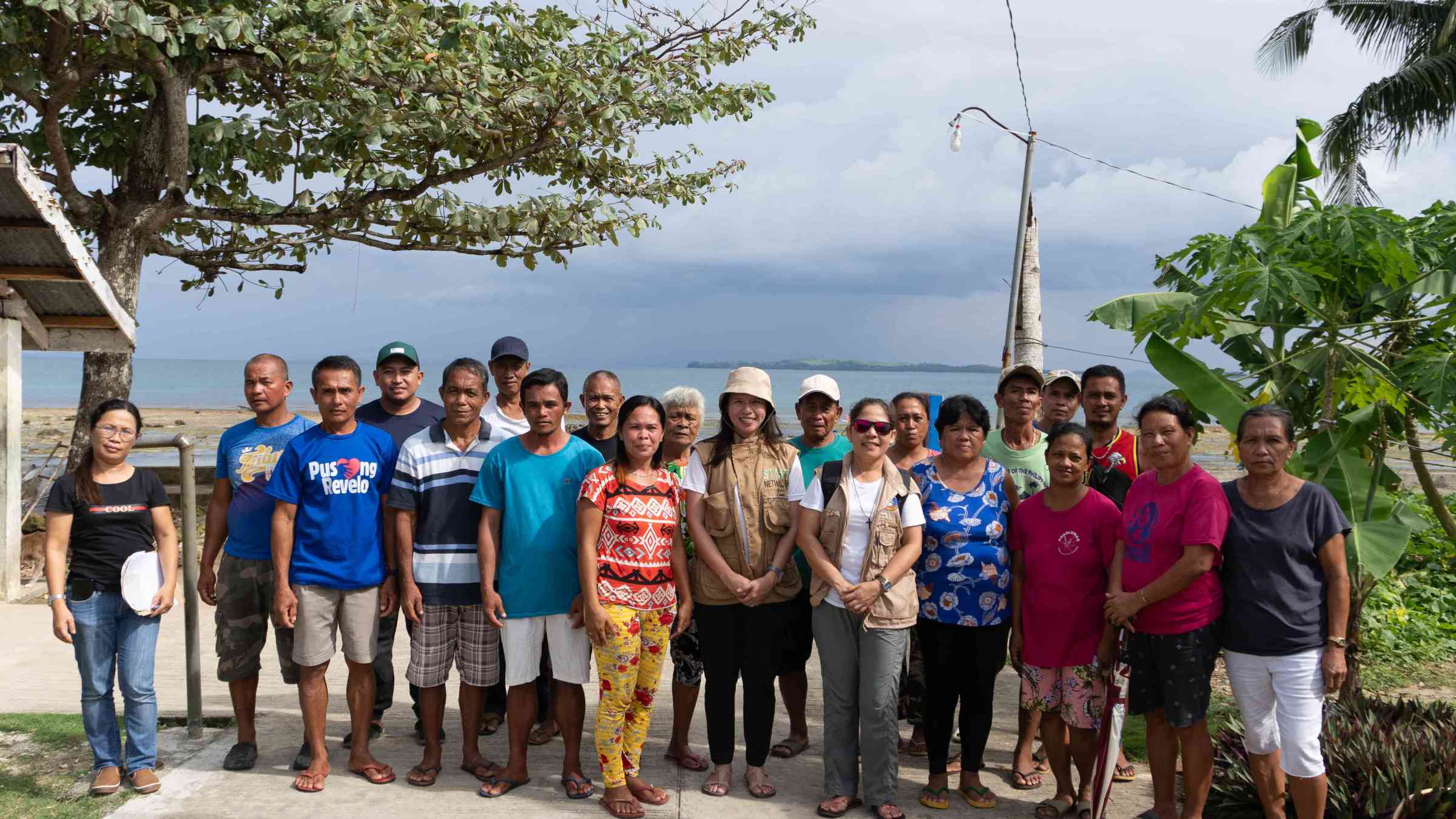Localization on Momentum: The Philippines is Responding to the Call for Localization. How Should the Humanitarian World Scale Up?
The Sendai Framework for Disaster Risk Reduction (DRR) recognizes the role of communities as first responders in the face of disasters—making the localization of disaster risk reduction and management efforts a key component in enhancing nations’ resilience. This is reflected in one of the Frameworks’ targets to “substantially increase the number of countries with national and local disaster risk reduction strategies.”
In 2020, the Harvard Humanitarian Initiative said the Philippines is not realizing its full potential for utilizing local organizations to strengthen the countries’ DRR and climate change adaptation landscape due to continued reliance on international aid agencies. While international assistance can provide crucial support during disasters, it may inadvertently limit local initiatives due to its reliance on external resources and expertise. This dynamic can hinder the development of sustainable, community-driven DRR strategies—leading to issues of ownership and accountability.
However, the past five years have also seen an increase in commitment to the reformulated Grand Bargain framework which targets to increase by 25% humanitarian funding to local and national actors (L/NAs) (a category that includes women’s rights organizations and women-led organizations (WROs/WLOs), as directly as possible to improve outcomes for affected people and reduce transactional costs. By introducing new equitable partnership guidelines, donors and agencies have recognized the importance of increased quality, predictable, and multi-year funding.
Through efforts by non-government organizations, local governments, national government agencies, and humanitarian aid partners, localization in the Philippines is gaining momentum–despite systemic challenges that need to be addressed. Enabling factors for the localization of DRR measures include institutionalizing anticipatory actions through policy and lawmaking, strengthening collaborations between international NGOs and grassroots and community-based organizations, and funneling national and international aid for a localized DRR approach.
This event is an opportunity to bring local communities, local actors, aid partners, and government into one room to discuss opportunities to keep the momentum of the localization of DRR.
In this panel, communities and local actors share experiences, best practices on localization, and barriers that limit the implementation. On the other hand, humanitarian aid partners can reflect on strategies to support better efforts to localize humanitarian actions as committed in the Grand Bargain 2.0 Framework.
Panel:
- Jonalyn Adduru, Program Coordinator, Green Meadow Development Foundation (GMDF)
- Sandino Soliman, Executive Director, Caucus of Development NGO Networks (CODE-NGO)
- Dominique Ybera, Deputy Executive Director, Citizen’s Disaster Response Center (CDRC)
- Isido Cabaddu, Mayor, Municipality of Camalaniugan, Cagayan Province
- Melanie Ruiz, Country Manager, Humanity & Inclusion (HI)
- Nick Harvey, Regional Humanitarian Advisor, Foreign, Commonwealth & Development Office (FCDO)

Agenda
Online access
Details
Organized by
Start Network British Embassy ManilaContact
Mary Joy (Yowee) Gonzales, Technical Specialist, Start Network, email: [email protected]
